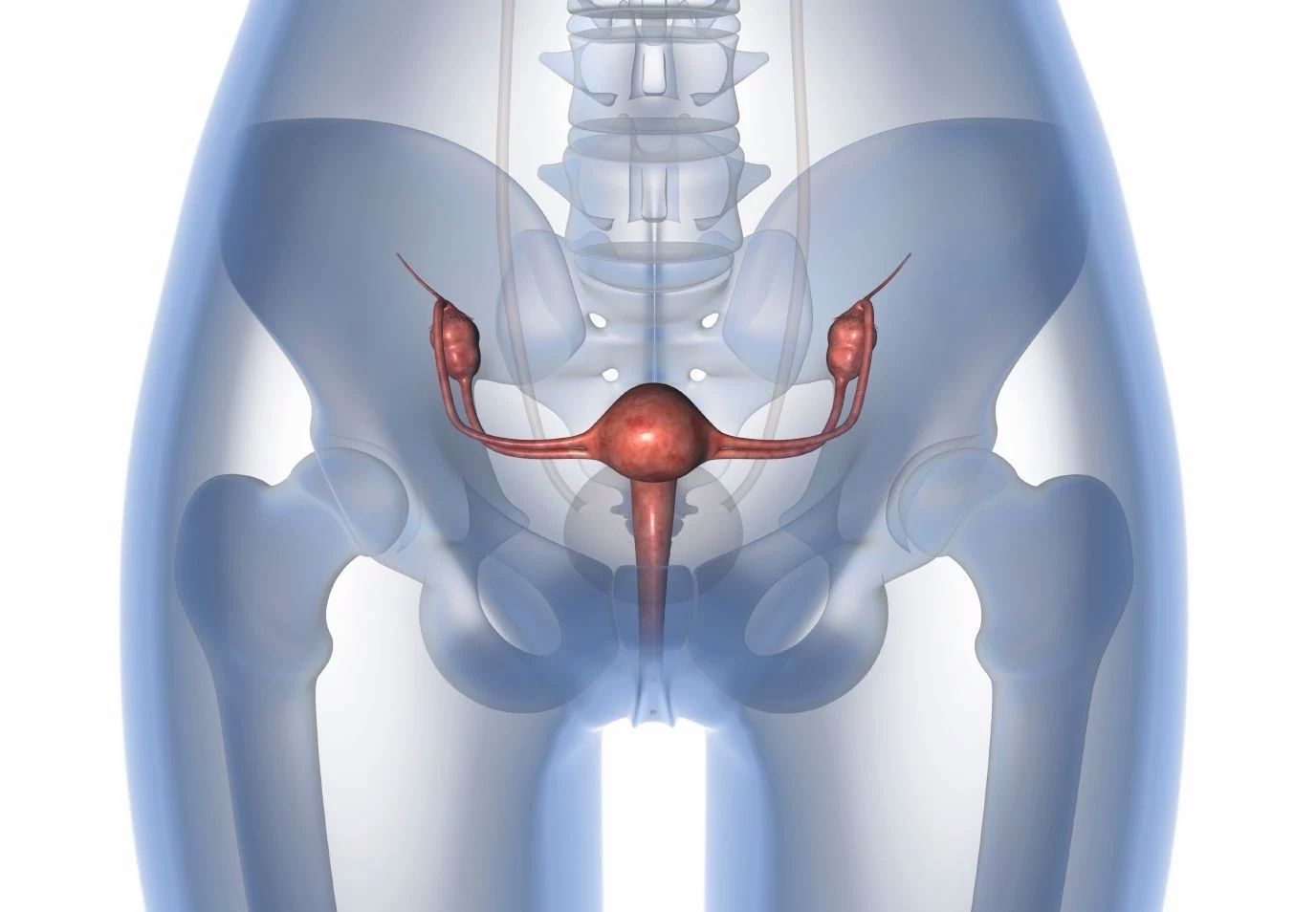Durvalumab Combos Receive EU Approval in pMMR/dMMR Endometrial Cancer
Subgroup analysis data from DUO-E support the European approval of durvalumab-based treatment in primary or recurrent endometrial cancer.
"The olaparib and durvalumab as well as the durvalumab regimens now have the potential to improve outcomes for all patients in this setting in Europe, regardless of mismatch repair status," according to ls Van Nieuwenhuysen, a gynecological oncologist at the UZ Leuven in Belgium.

The European Commission has approved combination regimens including durvalumab (Imfinzi) and olaparib (Lynparza) for patients with primary advanced or recurrent endometrial cancer depending on mismatch repair status, according to a press release from the developer, AstraZeneca.1
Specifically, frontline durvalumab plus chemotherapy followed by maintenance with olaparib/durvalumab is indicated for patients with mismatch repair proficient (pMMR) disease. Additionally, those with mismatch repair deficient (dMMR) disease are eligible to receive treatment with durvalumab/chemotherapy followed by durvalumab alone.
The European Medicine Agency’s Committee for Medicinal Products for Human Use (CHMP) previously recommended approval of durvalumab/olaparib for this patient population in July 2024.2 Supporting data for the approval came from a prespecified exploratory subgroup analysis in the phase 3 DUO-E/GOG-3041/ENGOT-EN10 trial (NCT04269200).
“This approval is welcome news for patients with advanced or recurrent endometrial cancer in Europe, especially those with [pMMR] disease who have limited options,” trial investigator Els Van Nieuwenhuysen, a gynecological oncologist at the UZ Leuven in Belgium, said in the press release.1 “The olaparib and durvalumab as well as the durvalumab regimens now have the potential to improve outcomes for all patients in this setting in Europe, regardless of mismatch repair status.”
Subgroup analysis data from the DUO-E trial published in the Journal of Clinical Oncology showed thatdurvalumab/olaparib produced a median progression-free survival (PFS) of 15.0 months (95% CI, 12.4-18.0) vs 9.7 months (95% CI, 9.2-10.1) with placebo/chemotherapy in the control arm across the pMMR subgroup (HR, 0.57; 95% CI, 0.44-0.73).3 Across the dMMR population, the median PFS was not reached (NR; 95% CI, NR-NR) with durvalumab compared with 7.0 months (95% CI, 6.7-14.8) in the control arm (HR, 0.42; 95% CI, 0.22-0.80).
According to the investigators, the safety profiles of the experimental combinations were comparable with prior reports of the individual agents.
“Predefined, exploratory subgroup analyses suggest the addition of maintenance olaparib to the combination of durvalumab plus chemotherapy may improve outcomes in the pMMR and PD-L1–positive patient populations,” Shannon N. Westin, MD, MPH, FACOG, a professor in the Department of Gynecologic Oncology and Reproductive Medicine of the Division of Surgery at The University of Texas MD Anderson Cancer Center in Houston, and coauthors wrote in the study.3 “Although there was a higher rate of grade 3 or higher adverse effects [AEs] in the durvalumab [plus] olaparib arm, the safety profiles of each arm were generally consistent with the known profiles of individual components of the regimen.”
In the double-blind, multicenter DUO-E trial, 699 patients were randomly assigned to receive durvalumab at 1120 mg or matched placebo every 3 weeks plus platinum-containing chemotherapy. After the fourth, fifth, or sixth chemotherapy cycle, patients without disease progression then received durvalumab at 1500 mg or placebo every 4 weeks as maintenance followed by 300 mg of olaparib or placebo until progressive disease.
The trial’s dual primary end points were PFS in each experimental arm compared with standard chemotherapy alone. Secondary end points included overall survival, safety, and tolerability.
The FDA previously approved durvalumab plus chemotherapy followed by durvalumab maintenance for adult patients with dMMR primary advanced or recurrent endometrial cancer in June 2024.4 Supporting data for the approval came from the DUO-E trial.
“This approval of [durvalumab] and [olaparib] regimens marks the first-ever approval for a combination of an immunotherapy and PARP inhibitor in endometrial cancer and a major step forward for patients. In Europe, endometrial cancer is the fourth most common cancer in women, and until now, the 70% to 80% of patients who have [pMMR] have had few available treatment options,” Dave Fredrickson, executive vice president of the Oncology Business Unit at AstraZeneca, concluded.1
References
- Lynparza and Imfinzi combination approved in the EU for patients with mismatch repair proficient advanced or recurrent endometrial cancer. News release. AstraZeneca. August 14, 2024. https://tinyurl.com/2p9838ed
- Lynparza and Imfinzi combination recommended for approval in the EU by CHMP for patients with mismatch repair proficient advanced or recurrent endometrial cancer. Press release. AstraZeneca. July 1, 2024. Accessed August 14, 2024. https://tinyurl.com/msk9azn6
- Westin SN, Moore K, Chon HS, et al. Durvalumab plus carboplatin/paclitaxel followed by maintenance durvalumab with or without olaparib as first-line treatment for advanced endometrial cancer: the phase III DUO-E trial. J Clin Oncol. 2023;42(3). doi:10.1200/JCO.23.02132
- FDA approves durvalumab with chemotherapy for mismatch repair deficient primary advanced or recurrent endometrial cancer. News release. FDA. June 14, 2024. Accessed August 14, 2024. https://tinyurl.com/mvhx997f